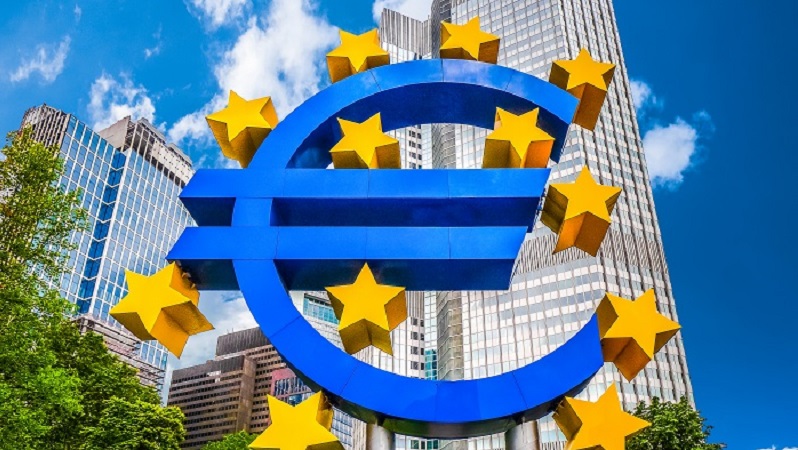Eurozone inflation accelerated quicker than expected in October, raising questions over the European Central Bank’s approach to interest rate cuts.
Inflation rebounded to 2%, the ECB’s target, up from the 1.7% print in September.
Nicolas Sopel, head of macro research and chief strategist at Quintet Private Bank, said that, at first glance, it seems that the European Central Bank (ECB) could turn more cautious following this morning’s data release.
“That said, inflation remains at target, and the ECB said it was expecting a slight rebound due to less favourable base effects in energy. In essence, the relatively muted market reaction to inflation suggests little concern about the path of interest rates for now.
“In addition, while GDP growth also surprised to the upside in the third quarter of 2024, it was partly due to the Olympic Games boost experienced in France, a positive contribution from the volatile growth in Ireland, and the positive surprise of Germany dodging a recession, the economic momentum remains rather sluggish.
“Looking forward, the purchasing managers’ indices continue to show that the manufacturing sector is in recession, while services activity eases and is tepid at best. With elevated saving rates remaining and the impact of lower interest rates expected to take time to feed through to the economy, growth is likely to decelerate mildly in the coming quarters.
“As such, as we see inflation normalising around target in 2025 against the backdrop of this slow growth environment, we continue to expect the ECB to proceed with four-to-five interest rate cuts between now and end-2025.”
See also: Payden & Rygel launches investment grade corporate bond fund
Michael Field, European equity market strategist at Morningstar, added that the upward movement in inflation was well-received by the market following questions being raised last month as to whether the ECB had been too slow in cutting rates.
“Core inflation, the measure that strips out volatile components such as fuel and food, was stable at 2.7%. This is, of course, materially still higher than the targeted inflation level; however, it has fallen materially in 2024.
“With inflation seemingly settling at or around where we need it to be, and unemployment stable, the ECB should be reaffirmed in its course of action. Expectations were for one more cut before the end of 2024; something that is very achievable given the data.”
Although higer than expected, Neil Birrell, CIO at Premier Miton Investors, said it should not be enough to knock the ECB off course for interest rate cuts, or to get excited about economic activity picking up.
“Given that inflation is on target, gradual rate cuts would make sense. However, there is little doubt that the economy could do with some stimulus, which is the conundrum the ECB has had for some time now.”
See also: Autumn Budget 2024: Ten key takeaways










